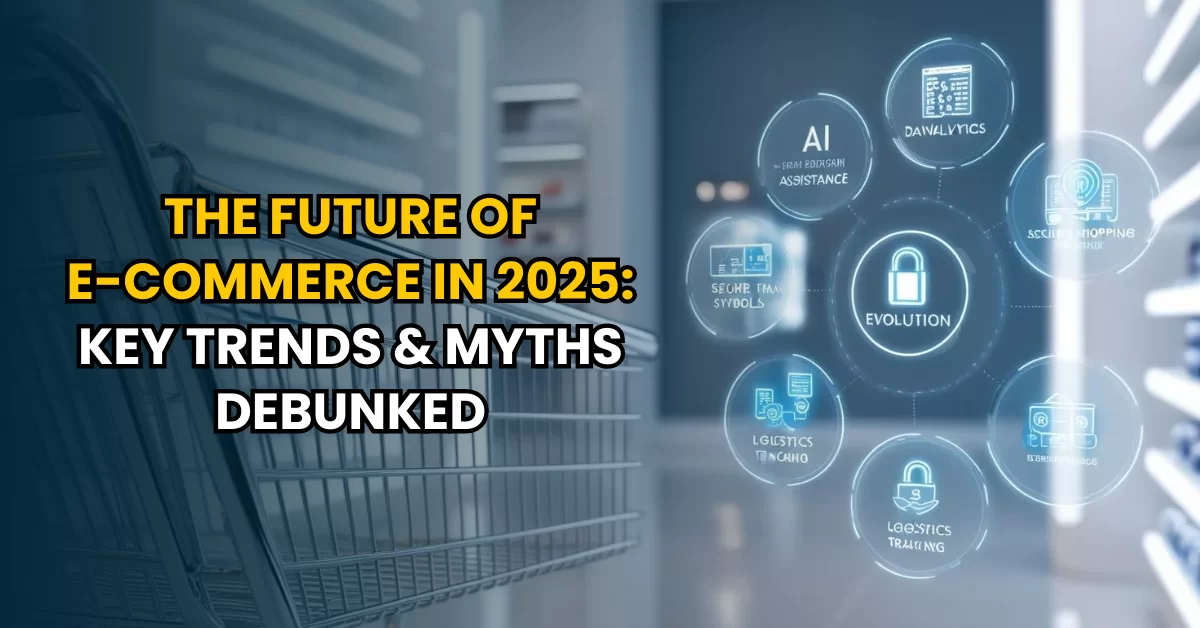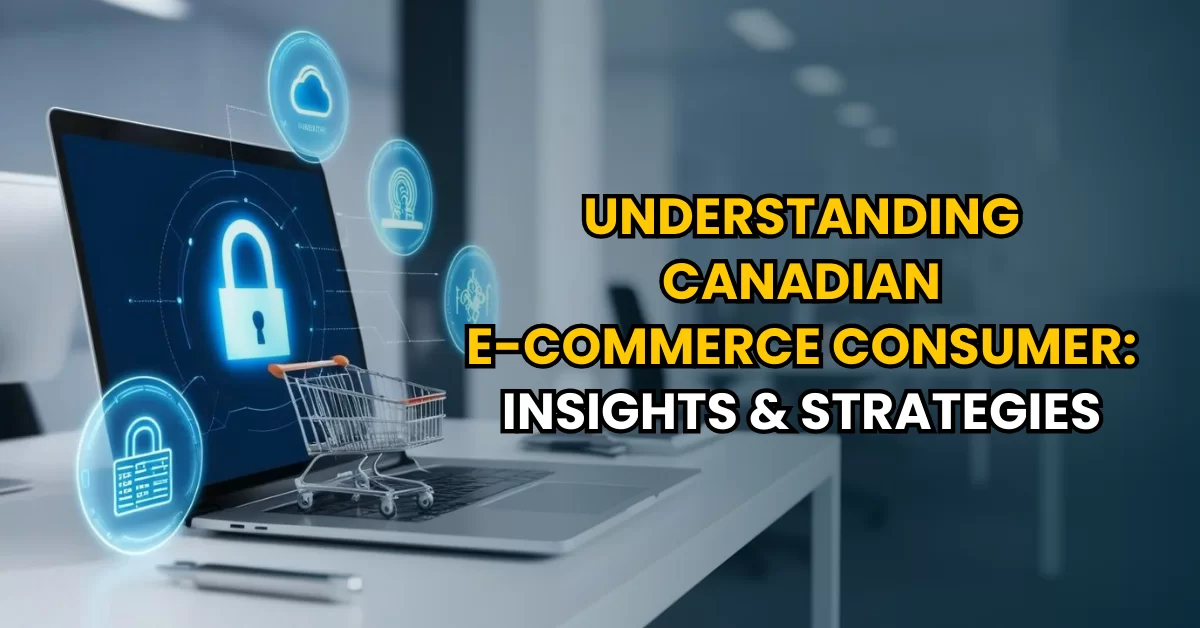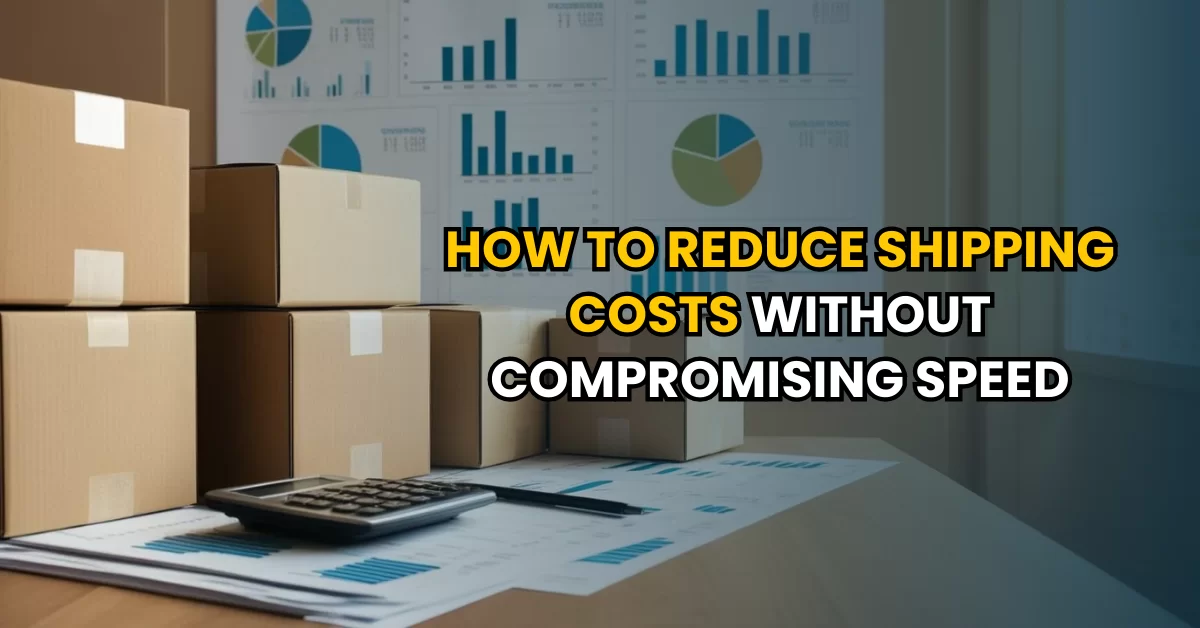The e-commerce landscape is evolving faster than ever, but are businesses keeping up—or falling behind due to outdated strategies?
With new technology, shifting consumer behaviour, and increasing competition, staying relevant requires more than just having an online store. However, many businesses still cling to outdated practices or chase trends without understanding their long-term impact.
In a recent discussion with a 20 year logistics expert, John McClymont, we explored the biggest myths holding e-commerce businesses back and the emerging trends shaping 2025. Below, we break down the key insights every e-commerce brand should consider.
Quick Takeaways
- The biggest e-commerce myths holding brands back in 2025.
- Social commerce & AI are reshaping online retail.
- Why outsourcing fulfillment to a 3PL is a growth accelerator, not a loss of control.
- Ecom Logistics helps businesses scale with fast, efficient fulfillment solutions.
Debunking the Biggest E-commerce Myths
Myth #1: You Need to Be Everywhere to Succeed
Many businesses believe they need to sell on every platform—Amazon, Shopify, TikTok Shop, Walmart Marketplace—right from the start. The truth? Trying to be everywhere at once can dilute your brand, overwhelm your team, and stretch your resources too thin.
What to do instead:
- Focus on platforms where your audience is already engaged.
- Optimize your customer experience before expanding.
- Build regional dominance before scaling nationally.
Myth #2: AI and Automation Will Replace Customer Service
With AI chatbots and automated emails, businesses assume they can eliminate human interaction altogether. But customers still crave personalization and trust—especially when making buying decisions.
The right approach:
- Use AI for fast, transactional requests but keep real people for complex customer interactions.
- Test the experience yourself—if you’d be frustrated as a customer, your audience will be too.
- Leverage AI for data-driven decisions, not just automated responses.
Myth #3: If You Sell More, Your Business Will Grow
Sales growth doesn’t automatically mean business growth. Many brands scale too quickly, only to realize their operations can’t keep up.
What successful brands do instead:
- Strengthen fulfillment and logistics before increasing order volume.
- Improve post-purchase experience (returns, tracking, customer support).
- Streamline operations to prevent bottlenecks as demand grows.
Myth #4: You Have to Do Everything In-House to Stay in Control
Many growing brands hesitate to partner with a 3PL because they believe outsourcing fulfillment means losing control over their operations. The reality? Trying to handle everything yourself—packing, shipping, warehousing—slows down growth and increases costs.
Why smart brands work with a 3PL:
- Faster order fulfillment—Same-day and next-day shipping without the stress.
- Lower operational costs—No need to rent warehouses or hire in-house logistics teams.
- Scalability—A fulfillment partner grows with your business, handling peak seasons with ease.
- More focus on business growth—Instead of spending hours on shipping, focus on marketing, product development, and customer experience.
If fulfillment is taking too much of your time or limiting your growth, it’s time to explore a 3PL partnership.
Key E-commerce Trends to Watch in 2025
1. Social Commerce Will Dominate
Platforms like TikTok Shop, Instagram Checkout, and live shopping events are reshaping how people discover and buy products. Gen Z and millennials no longer rely on Google search or Amazon alone—they’re finding brands through short-form video and influencer recommendations.
What this means for businesses:
- A strong social media presence isn’t optional—it’s a revenue channel.
- Authenticity wins. Brands with engaging, relatable content will outperform those relying solely on ads.
- Invest in creators and user-generated content (UGC) to build trust.
2. E-commerce Will Shift from ‘Big Box’ to Niche Markets
Consumers are seeking more specialized, curated shopping experiences rather than generic, mass-market products.
How to stay ahead:
- Double down on branding and community engagement.
- Own a niche instead of trying to appeal to everyone.
- Use regionalized marketing to dominate key areas before expanding.
3. AI and Data Will Drive Smarter Operations
Businesses now have more data than ever, but few know how to use it effectively. AI-powered insights can predict demand, optimize pricing, and enhance logistics efficiency.
Where AI makes a real impact:
- Demand forecasting to prevent stockouts and overstocking.
- Personalization in product recommendations and marketing.
- Predictive logistics for faster, more cost-effective shipping.
Watch the Full Discussion: Trends & Insights for 2025
Want to dive deeper into these trends and hear how successful e-commerce brands are adapting? Watch our latest episode of Ecom Lab, where we discuss:
- The biggest operational mistakes businesses make.
- How brands can stand out in an oversaturated market.
- Where e-commerce logistics is headed next.
Watch the full discussion here –
How Ecom Logistics Helps Brands Stay Ahead
E-commerce success isn’t just about selling great products—it’s about delivering seamless customer experiences. Slow fulfillment, disorganized inventory, and unpredictable shipping can hurt a brand’s reputation. That’s where Ecom Logistics comes in, providing businesses with the fulfillment and delivery solutions they need to scale efficiently.
Comprehensive Fulfillment Services
Managing inventory and fulfilling orders shouldn’t slow you down. Our fulfillment solutions are designed to keep operations running smoothly while adapting to business growth.
- End-to-end fulfillment – From receiving inventory to packing and shipping, we handle it all.
- Tech-driven warehousing – Advanced systems ensure real-time inventory tracking and optimized storage.
- Flexible fulfillment options – We support e-commerce, retail, subscription boxes, crowdfunding, and custom kitting.
- Seamless integrations – Easily connect your store to streamline order processing.
Fast & Reliable Delivery with Ecom Express
Getting products into customers’ hands quickly is critical, and our dedicated last-mile delivery service, Ecom Express, ensures speed and reliability.
- Same-day and next-day delivery – Meet high customer expectations with fast shipping.
- Optimized last-mile solutions – Smart routing technology ensures efficiency and cost-effectiveness.
- Sustainable delivery options – Our fleet includes eco-friendly vehicles for a greener supply chain.
- Real-time tracking – You and your customer stay informed with complete visibility on order status.
With the e-commerce landscape constantly evolving, choosing the right logistics partner can make all the difference. Ecom Logistics helps businesses simplify fulfillment, scale efficiently, and meet rising customer expectations with confidence.
📦 Looking for a fulfillment and delivery solution that grows with you? We are here for you!
The Future is About Execution, Not Just Ideas
E-commerce isn’t slowing down—it’s changing. Businesses that adapt, simplify their operations, and invest in efficiency, customer experience, and strategic expansion will be the ones that win in 2025.
If you’re ready to optimize your fulfillment strategy and prepare for the next wave of e-commerce growth, Ecom Logistics is here to help.
Have questions? Reach out to our team.
Missed the conversation? Watch the full episode here.
Frequently asked questions
1. Do I need to sell on every online retail platform to succeed in 2025?
Not necessarily. Focusing on platforms where your audience is already engaged ensures better resource allocation and brand consistency. Scaling regionally before expanding nationally is key to sustainable growth.
2. Will AI completely replace human customer service in e-commerce?
No. While AI handles transactional tasks like chatbots, human interaction remains critical for complex issues and building trust. Balance AI efficiency with personalized human support.
3. Does increasing sales automatically lead to business growth in e-commerce?
Not necessarily. Scaling without operational readiness (e.g., fulfillment, returns, logistics) can cause bottlenecks. Strengthen infrastructure and post-purchase experiences first.
4. How can outsourcing fulfillment to a 3PL accelerate my business growth?
A 3PL reduces costs, speeds up shipping, and scales operations during peak seasons. It lets you focus on marketing and innovation while ensuring reliable, same-day/next-day delivery.




